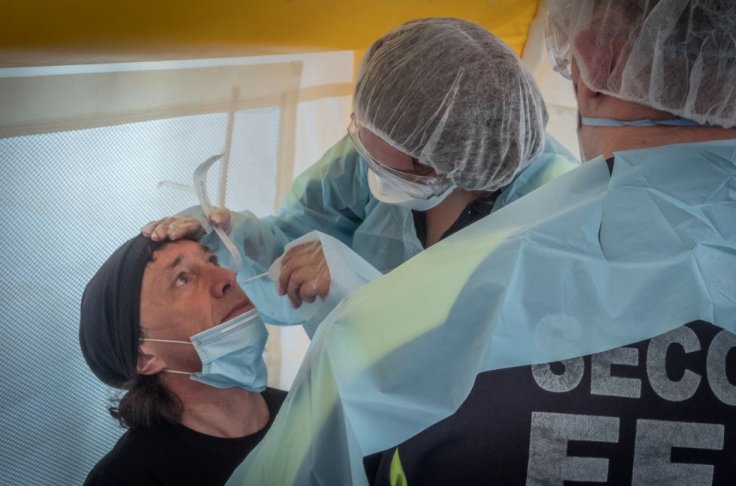The US Food and Drug Administration (FDA) announced on Friday, November 6 that it has authorized the first serology test which can detect neutralizing antibodies caused by a recent or previous Coronavirus infection.
As per experts neutralizing antibodies prevent viruses from infecting human cells. But still, the questions remain about how long these antibodies last and how much protection they can provide.
FDA said in a statement that the new serology test "detects neutralizing antibodies from recent or prior SARS-CoV-2 infection, which are antibodies that bind to a specific part of a pathogen" and also have been observed in a laboratory setting to decrease Coronavirus viral infection of cells. The agency granted the emergency use authorization (EUA) to GenScript USA Inc., which manufactures the test.

The New Test
However, as per Dr. Tim Stenzel, director of the Office of In Vitro Diagnostics and Radiological Health in the FDA's Center for Devices and Radiological Health, the new serology test will help researchers to study the neutralizing antibodies.
Dr. Stenzel also said that the ability to detect neutralizing antibodies can help the healthcare experts gain additional insight into what the existence of antibodies may mean for novel Coronavirus patients as the doctors "continue the fight against COVID-19."
In a statement, he also noted that there are still many unknown facts about the presence of novel Coronavirus antibodies which could tell the experts about potential immunity, "but today's authorization gives us another tool to evaluate those antibodies as we continue to research and study this virus".
As per the federal agency, the patients and health care providers should not interpret the positive results if the new serology test means that the COVID-19 affected people are protected against the disease and they should positively follow public health precautions.
"The FDA also wants to remind patients that serology tests should not be used to diagnose an active infection, as they only detect antibodies that the immune system develops in response to the virus, not the virus itself," the agency noted.









